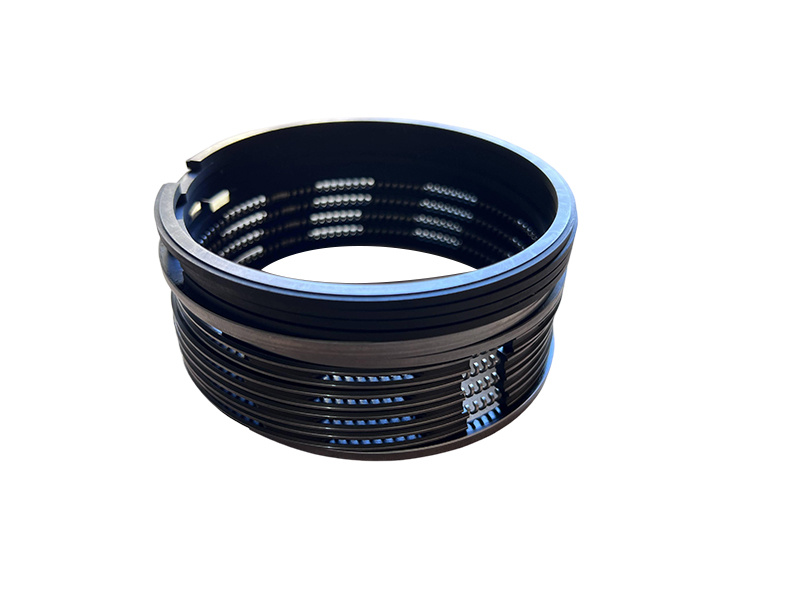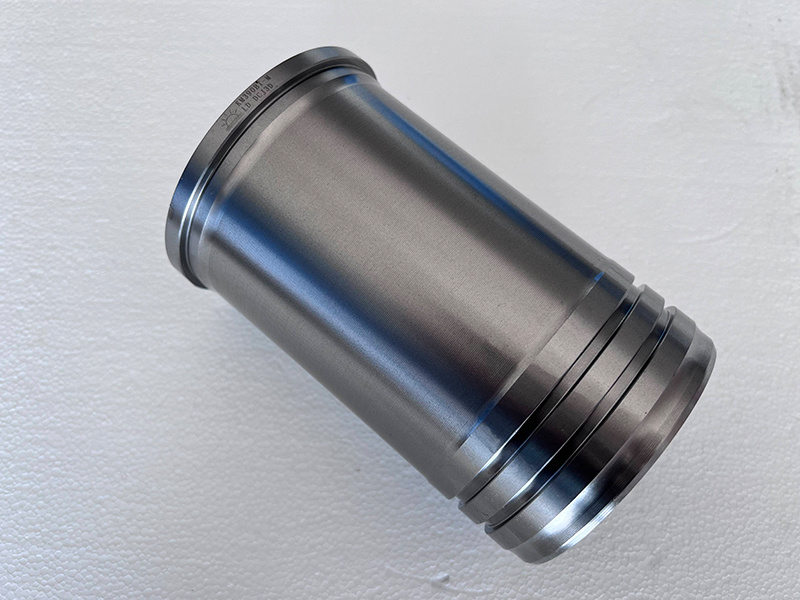Understanding Precision Machinery Processing in Agricultural Equipment
Sep 16,2025
Precision machinery processing refers to the high-accuracy manufacturing techniques used to create components and machinery that meet specific agricultural needs. In the context of agricultural equipment, this technology plays a crucial role in ensuring that machines operate effectively and reliably. The agricultural industry continuously seeks to improve productivity and efficiency, and precision

Precision machinery processing refers to the high-accuracy manufacturing techniques used to create components and machinery that meet specific agricultural needs. In the context of agricultural equipment, this technology plays a crucial role in ensuring that machines operate effectively and reliably. The agricultural industry continuously seeks to improve productivity and efficiency, and precision machinery processing is at the forefront of these advancements.
One of the primary advantages of precision machinery processing is its ability to produce parts with tight tolerances. This is essential for agricultural machinery, where even small deviations can lead to decreased performance or equipment failure. For instance, components such as gears, bearings, and hydraulic systems must fit together perfectly to ensure smooth operation. By utilizing advanced machining techniques, manufacturers can achieve the precise measurements required for optimal functioning of these parts.
Moreover, precision machinery processing often incorporates computer numerical control (CNC) technology. CNC machines are capable of executing highly complex designs with remarkable accuracy. This not only streamlines the production process but also allows for customization based on the specific requirements of different agricultural applications. For example, a farmer may need specialized attachments for their machinery to cater to particular crops; precision processing can facilitate the creation of these customized components.
In addition to efficiency, precision machinery processing enhances the durability of agricultural equipment. Machines subjected to rigorous conditions, such as heavy loads or exposure to harsh weather, must be constructed from high-quality materials and processes. Precision manufacturing ensures that these components can withstand the demands of agricultural use, reducing the likelihood of breakdowns and extending the lifespan of the machinery.
The benefits of precision machinery processing extend beyond just the manufacturing phase. Maintenance and repair processes are also positively impacted by the use of precision-engineered parts. When replacement parts are manufactured with high accuracy, it simplifies the maintenance routines, allowing farmers to spend less time on repairs and more time on productive activities.
In summary, precision machinery processing is a vital aspect of agricultural equipment manufacturing that significantly influences the efficiency, reliability, and longevity of machinery used in farming. By leveraging advanced technologies and precise engineering, the agricultural industry can enhance productivity, ultimately leading to a more sustainable and effective farming practice. Understanding these processes equips stakeholders in the agricultural sector with the knowledge to make informed decisions regarding machinery and equipment, contributing to the overall growth and success of their operations.
One of the primary advantages of precision machinery processing is its ability to produce parts with tight tolerances. This is essential for agricultural machinery, where even small deviations can lead to decreased performance or equipment failure. For instance, components such as gears, bearings, and hydraulic systems must fit together perfectly to ensure smooth operation. By utilizing advanced machining techniques, manufacturers can achieve the precise measurements required for optimal functioning of these parts.
Moreover, precision machinery processing often incorporates computer numerical control (CNC) technology. CNC machines are capable of executing highly complex designs with remarkable accuracy. This not only streamlines the production process but also allows for customization based on the specific requirements of different agricultural applications. For example, a farmer may need specialized attachments for their machinery to cater to particular crops; precision processing can facilitate the creation of these customized components.
In addition to efficiency, precision machinery processing enhances the durability of agricultural equipment. Machines subjected to rigorous conditions, such as heavy loads or exposure to harsh weather, must be constructed from high-quality materials and processes. Precision manufacturing ensures that these components can withstand the demands of agricultural use, reducing the likelihood of breakdowns and extending the lifespan of the machinery.
The benefits of precision machinery processing extend beyond just the manufacturing phase. Maintenance and repair processes are also positively impacted by the use of precision-engineered parts. When replacement parts are manufactured with high accuracy, it simplifies the maintenance routines, allowing farmers to spend less time on repairs and more time on productive activities.
In summary, precision machinery processing is a vital aspect of agricultural equipment manufacturing that significantly influences the efficiency, reliability, and longevity of machinery used in farming. By leveraging advanced technologies and precise engineering, the agricultural industry can enhance productivity, ultimately leading to a more sustainable and effective farming practice. Understanding these processes equips stakeholders in the agricultural sector with the knowledge to make informed decisions regarding machinery and equipment, contributing to the overall growth and success of their operations.
TAG:
Recent News
Mastering Agricultural Machinery: A Deep Dive into Engine Speed Control Shaft Mechanics
Mastering Agricultural Machinery: Understanding Engine Speed Control Shaft
Table of Contents
1. Introduction to Engine Speed Control Shaft in Agricultural Machinery
2. Importance of Engine Speed Control Shaft in Agricultural Machinery
3. How Engine Speed Control Shaft Works
4. Types of Engine Speed Control Shafts
4.1. Mechanical Control Shafts
4.2. Electronic Control Shafts
5. Common Issues with E


